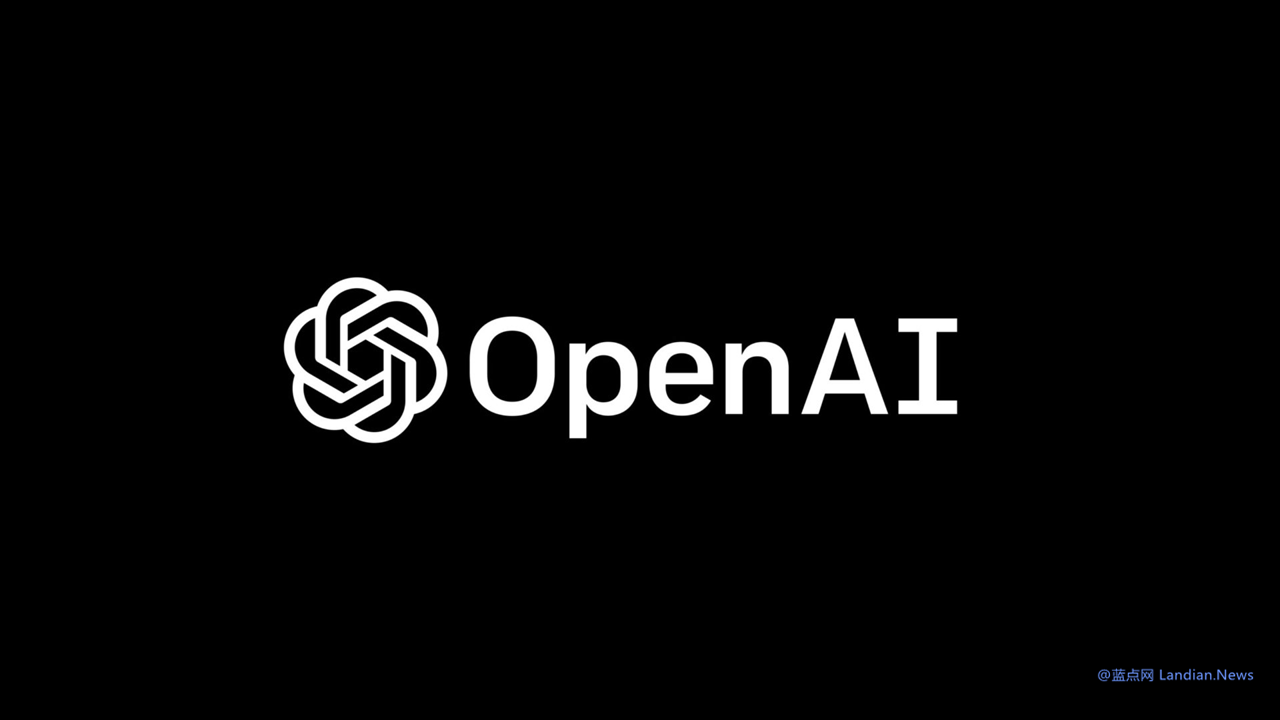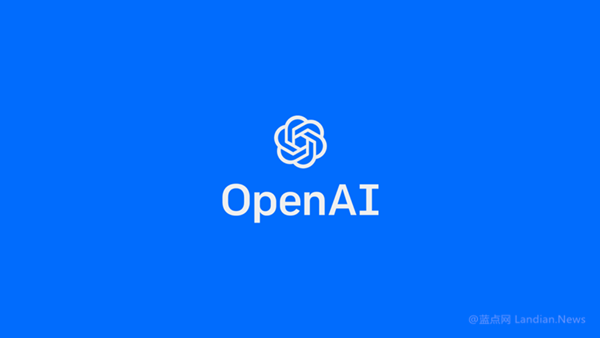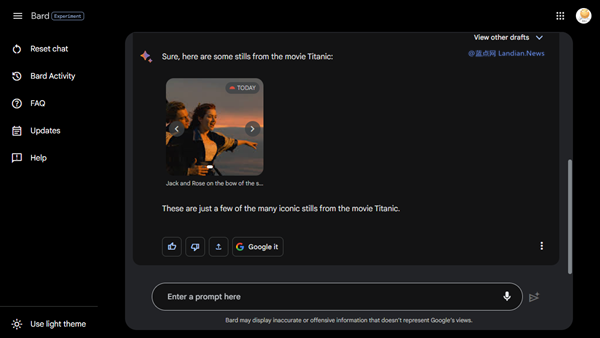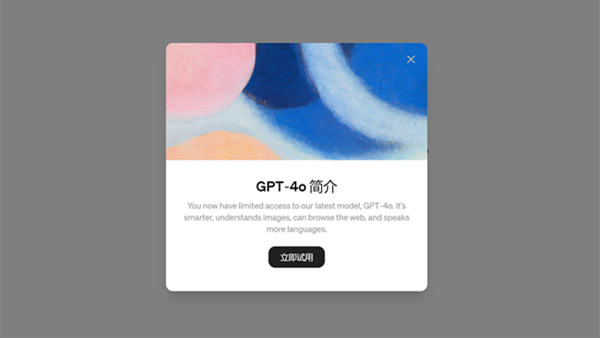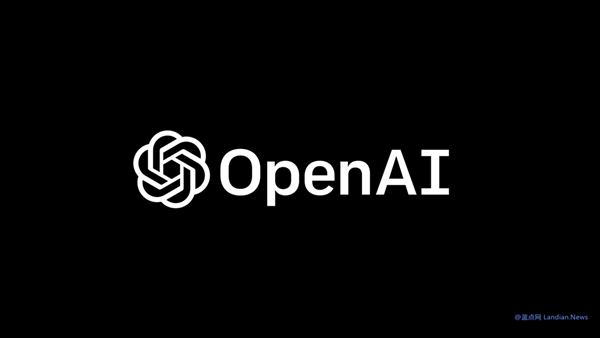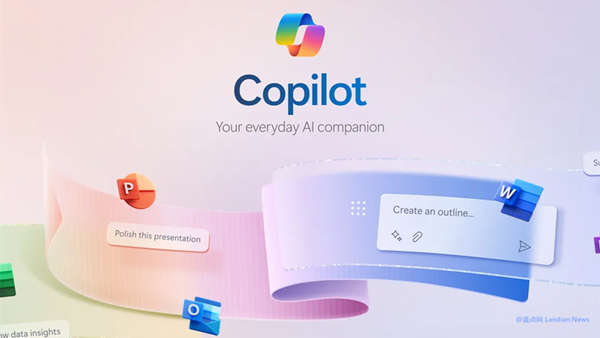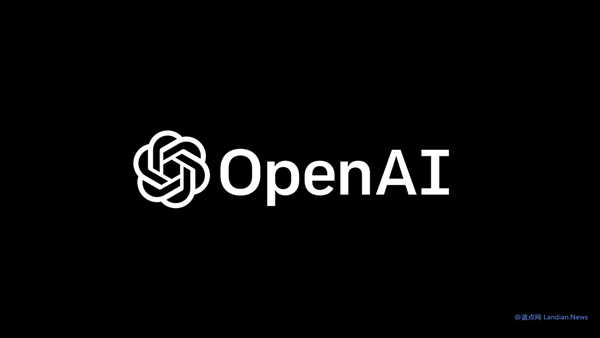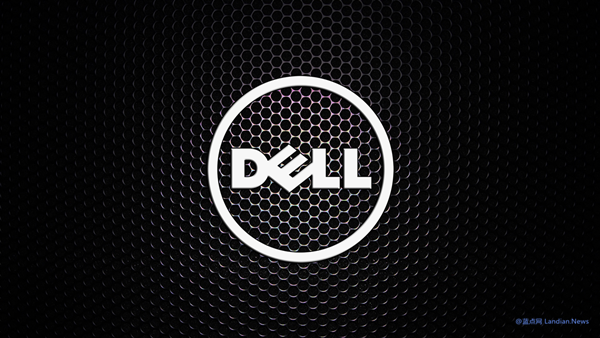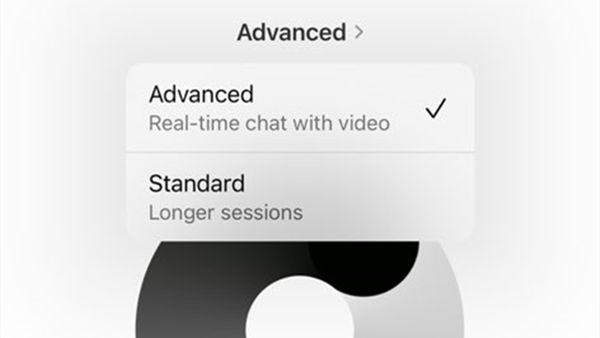Between Innovation and Ethics: OpenAI's Dilemma Over Launching its Text Watermarking Tool
As artificial intelligence technology advances, AI is now capable of producing highly realistic images and videos, which malicious actors could use to spread false information. However, detecting such images and videos can be challenging.
Developers, including OpenAI, have attempted to add watermarks to images and videos, but removing these watermarks isn't particularly difficult. In short, there hasn't been a reliable method to quickly identify AI-generated content.
Previously, OpenAI developed an AI content detection tool aimed at identifying text generated by AI, but due to its low accuracy, OpenAI eventually discontinued this tool.
The company has now developed a new text watermarking method that promises quick identification and detection of AI-generated text. However, OpenAI is still considering whether to release this new tool.
An OpenAI spokesperson stated:
"The text watermarking method we are developing is technically promising, but while exploring alternatives, we are also weighing significant risks, including the potential for evasion by malicious actors and disproportionate impacts on non-English speakers among others."
The company also updated a blog post from May, detailing its research on detecting AI-generated content:
"Text watermarking has been proven highly accurate, even effective against local tampering, such as paraphrasing. However, it is less robust against global tampering, such as using translation systems, another generation template for rewriting, or asking the model to insert a special character between every word and then deleting it."
OpenAI explained that with text watermarking technology, the company could focus on detecting text generated by ChatGPT. This is achieved by making subtle changes to the way ChatGPT selects words, essentially creating an invisible watermark within the text, which can then be detected by a separate tool.
OpenAI believes this method could easily be circumvented by malicious actors and that text watermarking might embarrass non-native English speakers using AI as a writing tool — because their content could be detected as AI-written.
For non-native English speakers, using AI tools for writing is incredibly convenient. OpenAI worries that detection tools could have a negative impact, as some might see using AI for content creation as insincere. Therefore, OpenAI is still debating whether to release such tools.
